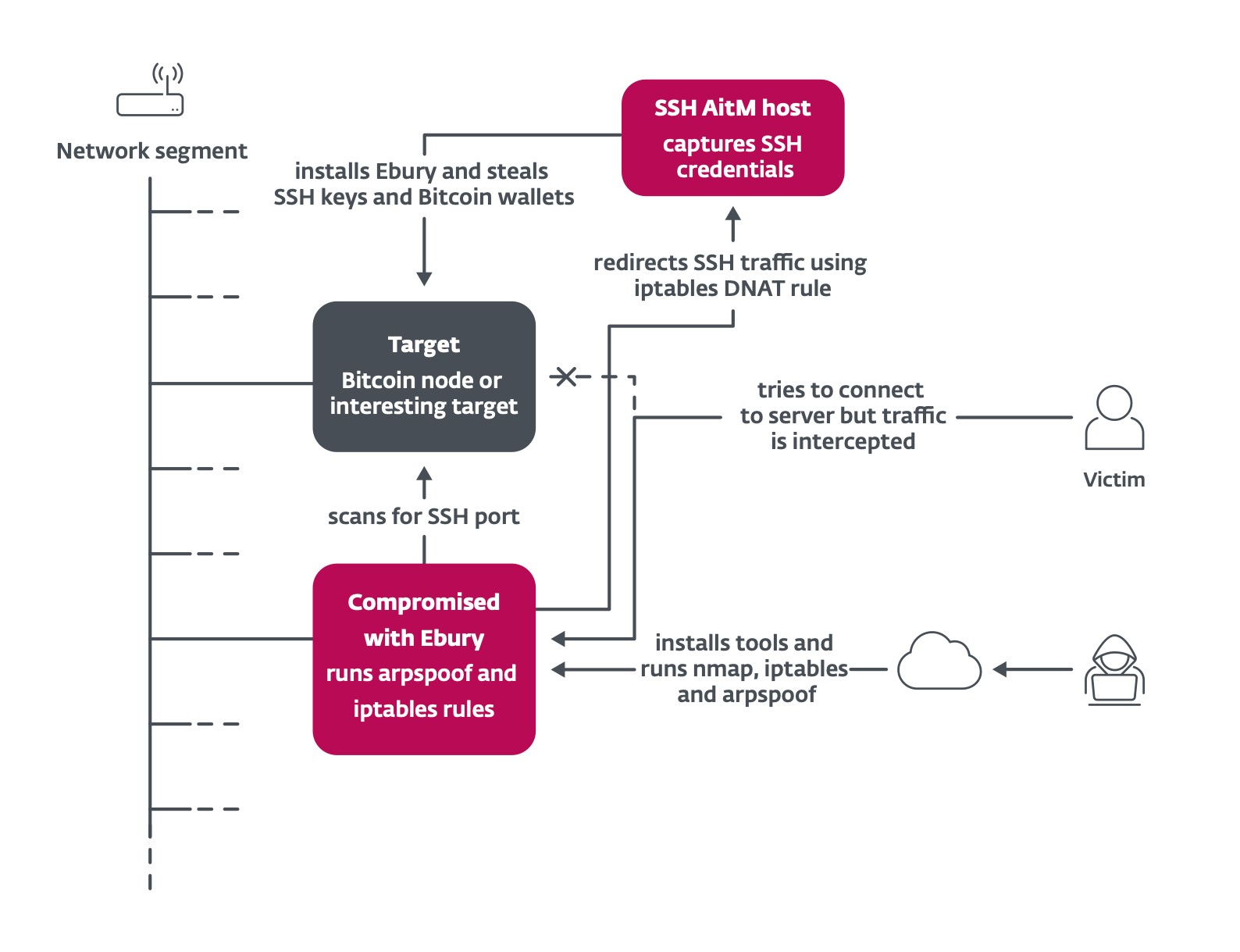Nvidia's H20 Chip Sales to China: A Licensing Logjam at Commerce?

Nvidia's H20 Chip Sales to China: A Licensing Logjam at Commerce?
The race to dominate the AI chip market is heating up, but Nvidia's plans to sell its H20 AI chips to China are facing an unexpected hurdle: a significant backlog at the U.S. Commerce Department. This delay in licensing approvals could have major implications for Nvidia's revenue projections and the broader landscape of AI development in China.

NVIDIA's China driven H20 AI chip faces technical hurdles
The H20 Chip and its Significance
The Nvidia H20 is a specially designed AI chip tailored for the Chinese market. It's intended as a workaround to U.S. government restrictions on selling more powerful chips like the H100 and H200 to China. These restrictions aim to prevent China from leveraging advanced AI technology for military or surveillance purposes. The H20 represents Nvidia's attempt to maintain a foothold in the lucrative Chinese market while adhering to export regulations.
Nvidia anticipated significant demand for the H20, with some reports suggesting orders for hundreds of thousands of units. This chip is crucial for Chinese companies looking to develop and deploy AI applications, ranging from data analysis to autonomous driving.
The Commerce Department Backlog
However, Nvidia's plans are now facing delays due to a reported backlog at the U.S. Commerce Department. According to recent reports, Nvidia has yet to receive the necessary licenses to export the H20 chip to China. The reasons behind this backlog are not entirely clear, but some sources suggest it may be related to internal issues or increased scrutiny of technology exports to China.
This delay is particularly concerning because:
- It could impact Nvidia's revenue projections for 2025, as the company was counting on H20 sales to contribute significantly to its bottom line.
- It creates uncertainty for Chinese companies that were planning to use the H20 chip for their AI projects.
- It highlights the growing tensions between the U.S. and China over technology and trade.
China's Response and Security Concerns
Adding another layer of complexity, China's cyberspace regulator has reportedly summoned Nvidia to address concerns about potential "backdoor" security risks in the H20 chip. These concerns suggest that the Chinese government is carefully scrutinizing the H20 to ensure it doesn't pose a security threat. Jensen Huang, Nvidia's CEO, has previously denied any security vulnerabilities with his chips, but the investigation underscores the sensitivity surrounding AI technology and its potential misuse.
It was also reported that Huang convinced the Trump administration to lift an earlier ban on sales of the chip to China, highlighting the complex political and economic considerations at play.
Key Takeaways
The situation surrounding Nvidia's H20 chip sales to China is a microcosm of the broader challenges facing the global technology industry. Companies are navigating a complex web of regulations, geopolitical tensions, and security concerns as they seek to expand their reach and capitalize on the growing demand for AI. The backlog at the Commerce Department serves as a reminder that even the most innovative technologies can be held up by bureaucratic processes and political considerations. The future of Nvidia's H20 sales, and the broader AI landscape, hinges on resolving these issues and finding a path forward that balances economic interests with national security concerns.



.jpg)

